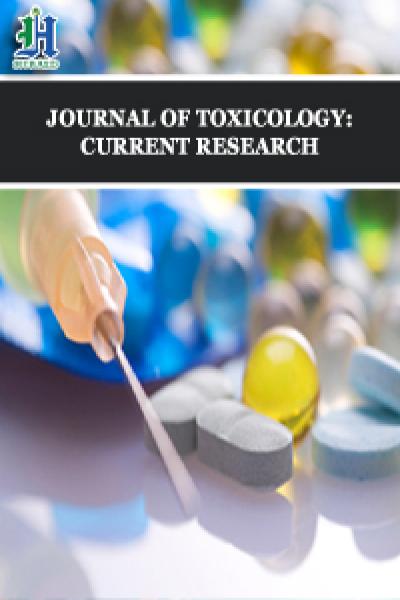
Industrial Toxicology
Industrial toxicology studies the harmful effects of chemicals encountered in workplace environments. It addresses occupational exposures to solvents, dusts, metals, pesticides, and other industrial chemicals, focusing on routes of exposure, dose-response relationships, and chronic health effects such as respiratory diseases, skin conditions, reproductive toxicity, and cancers. Industrial toxicologists assess risks, set exposure limits, and develop safety protocols to protect workers. They evaluate personal protective equipment (PPE), workplace ventilation, and compliance with regulations like OSHA, REACH, and GHS.
With increasing chemical use in manufacturing and agriculture, industrial toxicology also investigates the synergistic effects of chemical mixtures and emerging contaminants. Advancements in toxicogenomics and real-time exposure monitoring have enhanced workplace safety evaluations. The Journal of Toxicology: Current Research invites research that addresses exposure assessment, toxicological mechanisms, occupational disease surveillance, and risk mitigation in industrial settings. Understanding toxic hazards in the workplace is critical for promoting worker health, productivity, and long-term sustainability of industrial practices.

